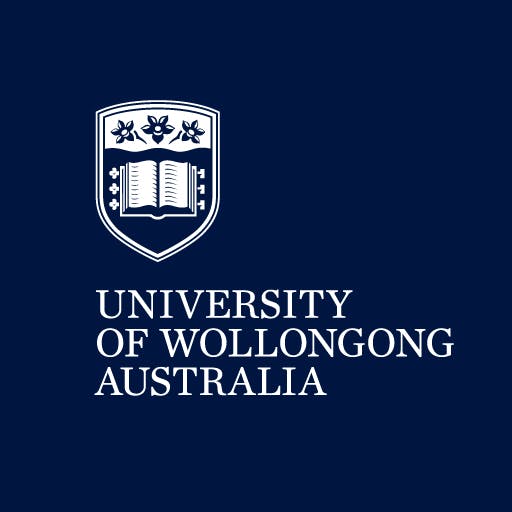Bachelor of Science (Biomolecular Physics)
- Posted by University of Wollongong
- Home
- Courses
- University of Wollongong
- Bachelor of Science (Biomolecular Physics)
Bachelor of Science (Biomolecular Physics)
Course summary This degree will excite and challenge students with an aptitude for physics and mathematics, and an interest in biology and chemistry. In the Bachelor of Science (Biomolecular Physics) you will complete subjects in physics, mathematics, biology science, chemistry, earth and environmental science, and statistics. Additionally, you will study…
Categories
COURSE DESCRIPTION
Course summary
This degree will excite and challenge students with an aptitude for physics and mathematics, and an interest in biology and chemistry.
In the Bachelor of Science (Biomolecular Physics) you will complete subjects in physics, mathematics, biology science, chemistry, earth and environmental science, and statistics. Additionally, you will study specialist subjects in molecules, cells and organisms, biochemistry, mechanics and thermodynamics, electromagnetism and optoelectronics, as well as quantum mechanics and nanoscale biology.
Major practical components are included to complement and reinforce what you learn in lectures, ensuring you gain hands-on skills that prepare for real-world activities in your future career.
The Bachelor of Science (Biomolecular Physics) equips you with the expertise to pursue a career as a biomolecular physicist, which can be integrated across a wide range of careers, including commercial biomedicine, instrumentation and biotech companies (e.g. Sigma and Life Technologies) as well as contributing to the development of molecular diagnostic instrumentation for government and institutional research laboratories. They can also assist beamline scientists at National Research Facilities (e.g. ANSTO and the Australian Synchrotron).
Molecular life sciences are at the forefront of scientific discovery, unlocking the innermost secrets of the cell and developing new ways to detect and attack disease. UOW’s research institute Molecular Horizons houses two cryo-electron microscopes: the three-metre tall, one tonne Titan Krios – the world’s most powerful high-resolution electron microscope – and the slightly smaller Talos Arctica.
Many physicists at UOW work under the aegis of the Institute for Superconducting and Electronic Materials (ISEM). ISEM is recognised as a flagship research strength of UOW. Students can undertake nanotechnology research projects for medical applications in third- and fourth-year level subjects.
Accreditation & professional recognition: The Bachelor of Science degree conforms to the requirements for membership of the Australian Institute of Physics.
Career opportunities: University Academic/Research Staff; R&D Industry Scientist; Radiation Oncology Medical Physicist; Diagnostic Imaging Medical Physicist; Science/ Physics/ Math/Technology High School Teacher; Defence Scientist; Patent Examiner; Experimental Scientist; Astrophysicist; Radiation Protection Officer; Atmospheric Scientist; Product Manager; Biomolecular Physicist; Beam Telecommunication Engineers; Materials Scientist; Computer Scientist; IT Consultant; Analyst; Professor; Executive Director; Chief Operating Officer
EDUCATIONAL INSTITUTION
The University of Wollongong (UOW) is a leading Australian university with an international reputation for academic excellence. It is consistently ranked among the top Australian universities for the quality of its teaching and research. The University offers a wide range of degree programs across all levels of study – undergraduate and postgraduate coursework and research: Engineering and IT, Health Sciences and Medicine; Business and Commerce Applied and Natural Sciences; Arts, Communications and Creative Arts; Law and Education.
The University of Wollongong (UOW) is a leading Australian university with an international reputation for academic excellence. It is consistently ranked among the top Australian universities for the quality of its teaching and research. The University offers a wide range of degree programs across all levels of study - undergraduate and postgraduate coursework and research: Engineering and IT, Health Sciences and Medicine; Business and Commerce Applied and Natural Sciences; Arts, Communications and Creative Arts; Law and Education.

